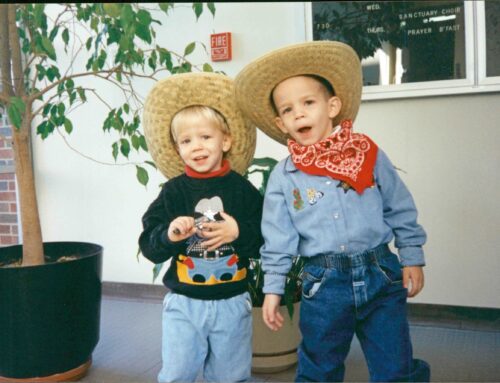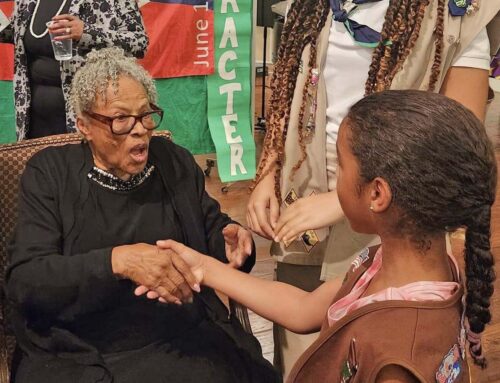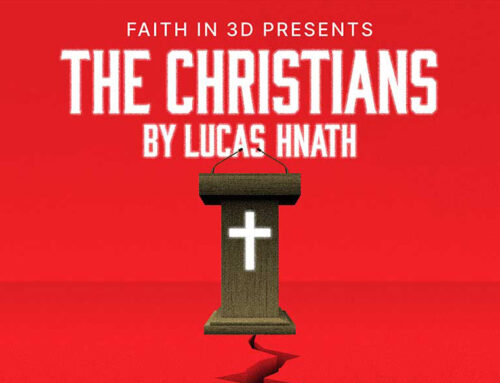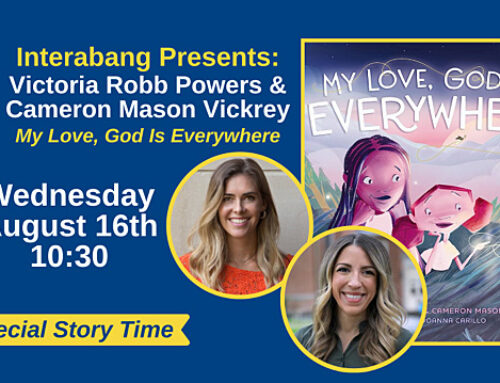Admitting this could be the first step toward fixing the world’s wrongs
What’s wrong with the world? And how are people of faith supposed to help fix it?
When the faithful square off in the public square or in private sanctuaries, whatever the issue, it usually comes down to how they answer these two related questions. Jews, Christians, Muslims, Hindus and others debate these within their own ranks. I’ll try to frame the challenge from my own faith stance, and those of other faiths may rewrite in their own spiritual grammar.
Sin is what’s wrong with the world, most agree. What sin is most wrong is where most disagree. And once you name the sin most wrong, the proposed fixes that follow diverge wildly.
For example, most conservative Christians would say that the sin of unbelief is at the heart of all worldly woes. Inside the church they would say that unbelief is not accepting Jesus Christ as one’s personal Savior. But more broadly, they would say that unbelief is a lack of belief in God generally due to growing secularism. Loss of belief in God shows up in teacher-led prayers being banned from public schools and Christmas displays disappearing from businesses. Secularism has to be resisted because it infects the faithful and affects the church. The solution is a posture toward the world that cultural historian James Davison Hunter calls “defensive against.”
Progressive Christians look forward to a day yet to come rather than backward to a time gone by. They see the chief sin as inequality among people — whether racial, gender, sexual, national or economic. They believe God is bringing about a kingdom in which all discrimination is overcome and everyone’s basic needs and dignity are supplied. Instead of resisting developments in the culture, they look for ways the church can be engaged with it to progress toward these ends.
While conservatives are defensive against culture, progressives seek a stance of “relevance to.”
A third group is smaller but growing. These spiritual separatists see the major sin of the world as violence. Whether governments that foster war to achieve their ends, or corporations that manipulate markets to benefit a few at the expense of many, or bigoted bullies who beat up gay youths, violence tears at the fabric of human community and undermines God’s peaceable kingdom. These Christians attempt to demonstrate to the world that the church is an alternative community — a world within a world — that exists as a witness to another way of life. They take a “purity from” approach to the world, paying more attention to their own faith community than the wider community. They embody God’s peaceable ways through nonviolent approaches.
Each of these has a point, to a point. As Hunter says in his recent book, “To Change the World: The Irony, Tragedy & Possibility of Christianity in the Late Modern World”: “All of these challenges are correctly identified as problems, and they are all at least partially correct about solutions. Where they are mistaken is in assuming, explicitly or implicitly, that the challenge they see is the defining one, in effect, trumping all others.”
So what if we were to listen to one another respectfully, humbly acknowledging that none of us have the corner on gospel truth? Maybe we could learn to credit those with different views of things and find in them partners, rather than competitors, as we live in and among and toward the broader culture.
Hunter suggests that Christians might practice a “faithful presence” in the world. I imagine us continuing to fall into these categories due to our dominant faith outlooks, but perhaps this more generous perspective will enable conservatives to resist with greater grace, progressives to engage with keener wisdom, and separatists to demonstrate peace and justice with deeper realism.
Being faithful in the world is hard enough without having to contest with the faithful at the same time, and all the time.





